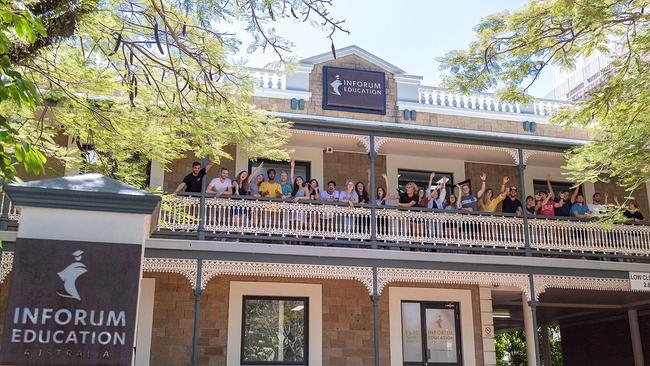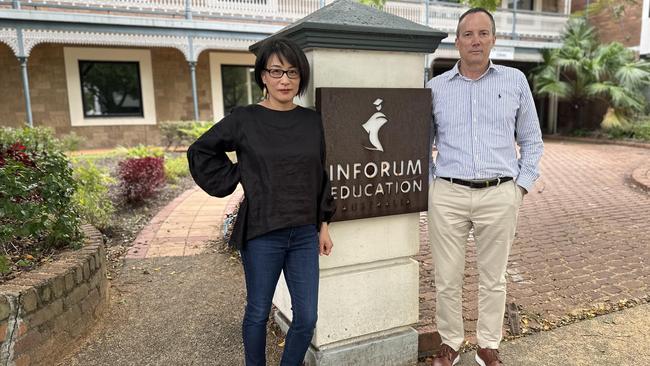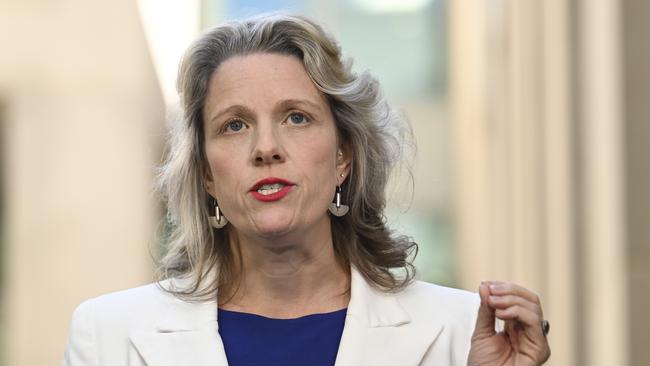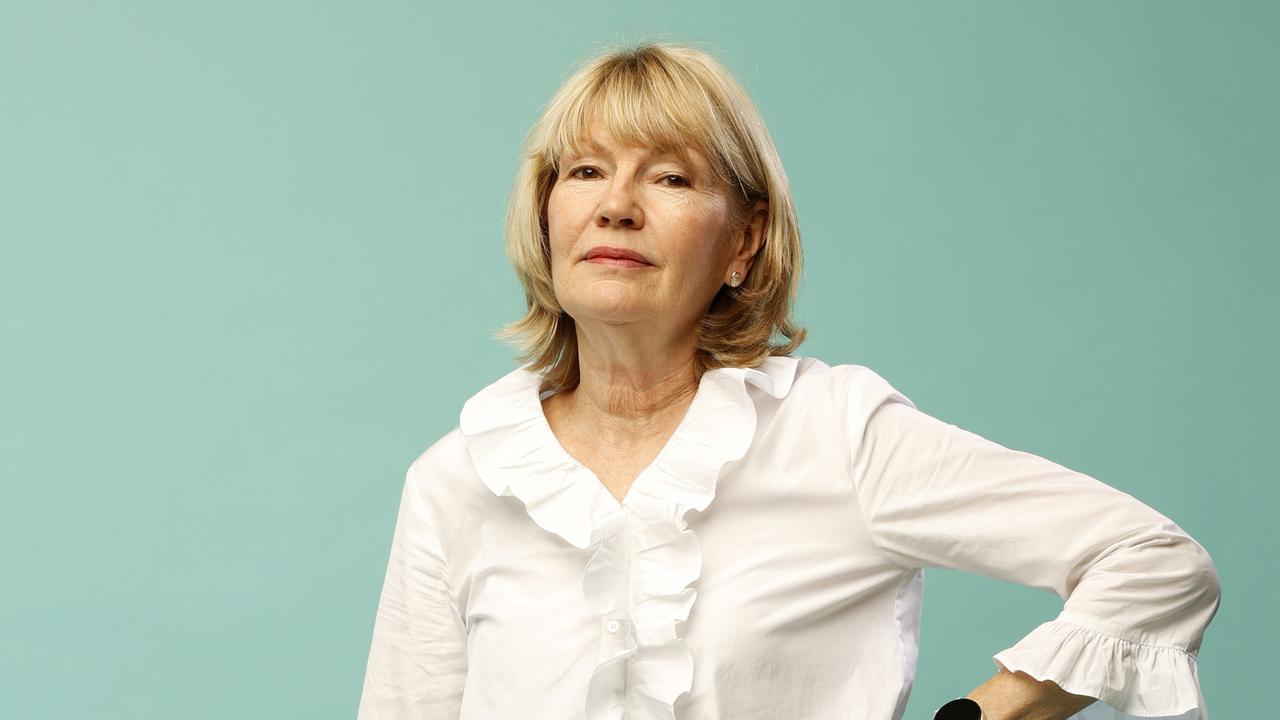Migration policy changes to international student visas slashing Gold Coast intake
A steep drop in international student numbers under tough new policies to reduce migration have sparked fears the city could face economic impacts not seen since Covid.

Gold Coast
Don't miss out on the headlines from Gold Coast. Followed categories will be added to My News.
Gold Coast education providers and industry bodies say policy changes to reduce migration will have drastic consequences for the city to an extent not seen since Covid.
The federal government introduced new tougher restrictions on international students and slower student visa processing in December last year, as part of a 10-year strategy to reduce migration to pre-pandemic levels.
For Southport English language school Inforum Education Australia principal director and owner Simon Craft, the effects of the policy changes have been almost immediate.
He said enrolment numbers for the school’s mid-year intake had already dropped by 50 per cent.
Having operated in Southport for more than 17 years, Mr Craft said the federal government’s “ambiguous” application criteria would make it more difficult for international students to come to the Gold Coast to work and study – with potentially devastating economic impacts.
“They haven’t discussed it clearly with the sector,” he said.
“The university sector was reporting they’ve lost around half a billion (dollars) so far this year – and that’s just the universities.”

Mr Craft said claims international students were exacerbating the cost-of-living crisis by taking up accommodation were untrue, with the majority actually going into homestays.
He said his college had paid $536,000 in homestay fees so far this financial year.
“Already our providers are contacting us asking if we have students – and they’re not getting any students from other providers either,” Mr Craft said.
“It’s hurting them and it will be hurting the Gold Coast tourism sector.”
Mr Craft said the loss of international students across the board could see the city’s hospitality and aged care sectors suffer as badly as during the pandemic.
He said Inforum alone sends more than 200 students each year to the city’s tourism hot spots including Currumbin Wildlife Sanctuary, Q1’s SkyPoint and theme parks.

Experience Gold Coast education executive director Jennine Tax said the industry body was concerned about the significant impact, with 90 of their education provider members already feeling its effects.
“We operate one of the largest visitor economies in the country,” Ms Tax said.
“We need talent to drive that visitor economy – including part-time workers and graduates.”
Ms Tax said the new policies would mean job losses for the education sector.
“Given we’ve just survived Covid we thought that our dark days were behind us – the industry has been reinvesting in their staff, their infrastructure and yet again we see the numbers contracting due to no fault or reason of our own,” she said.
Member for Moncrieff Angie Bell said the crackdown threatened the city’s $1.7 billion international education sector, claiming the Albanese government’s “knee-jerk reaction” threatened to send private providers “off a cliff”.

“During the pandemic, the Coalition Government provided the financial support needed to keep these Gold Coast businesses afloat, but under the strict new rules implemented by Minister (Clare) O’Neil, these same operators have been left to face a financial black hole,” she said.
“It’s more concerning that they (the operators) can’t get the information they need from the Department of Home Affairs.”
Ms Bell said transparency and assurances to the sector was required before irreversible damage is done.
Ms O’Neil was contacted for comment.
More Coverage
Originally published as Migration policy changes to international student visas slashing Gold Coast intake




